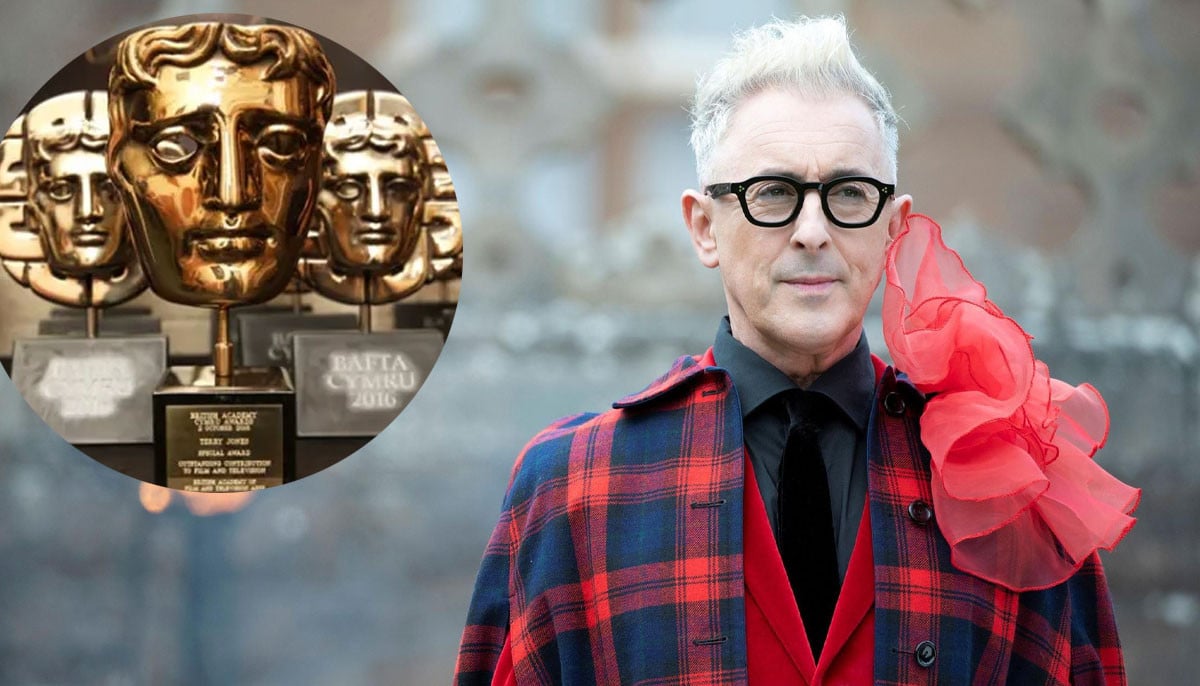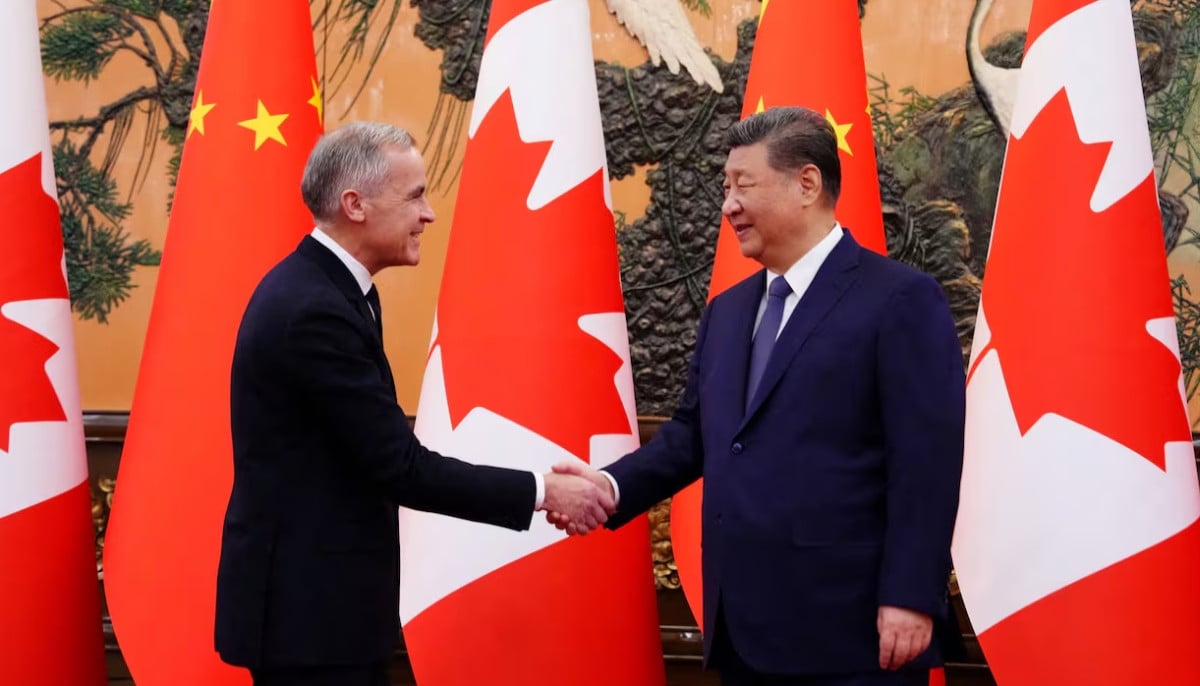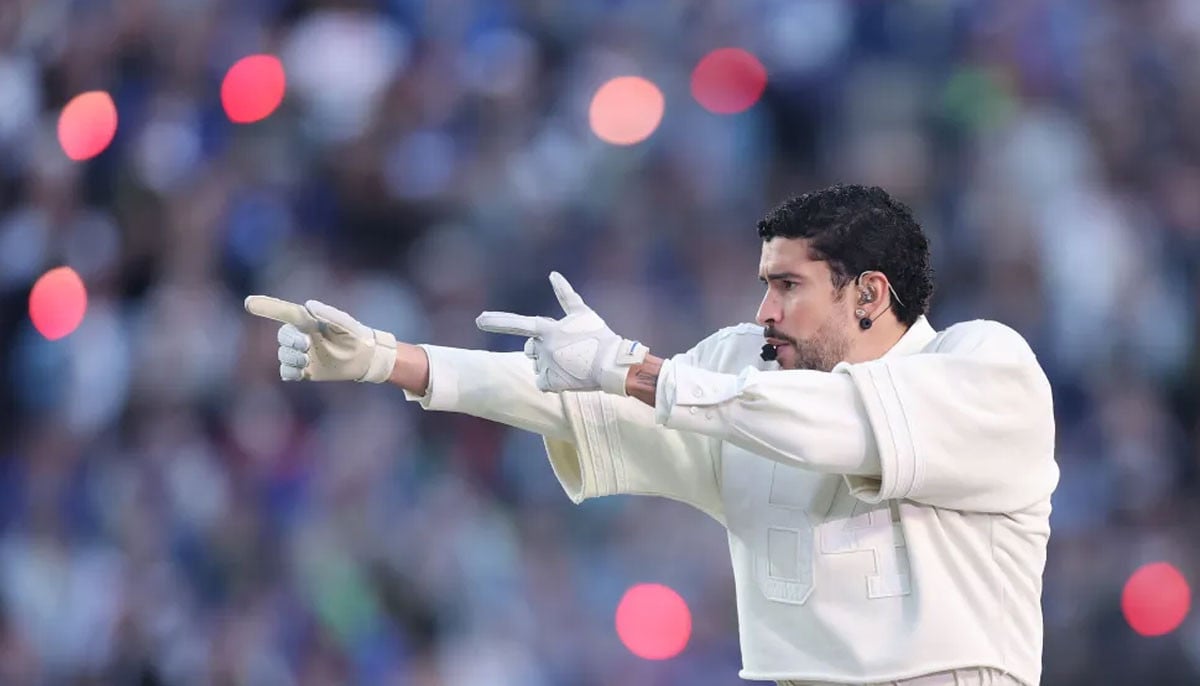ISLAMABAD: The rescue of an abducted US-Canadian family in Pakistan last week has spotlighted their captors the Haqqani network, former CIA assets now considered one of the most dangerous factions fighting US-led NATO forces in Afghanistan.
Led by Sirajuddin Haqqani, who doubles as the Afghan Taliban´s deputy leader, the extremist group has been blamed for spectacular attacks across Afghanistan since after the US invasion.
"When you hear US officials, including in private settings, talking about what worries them the most, they always talk about the Haqqanis," said analyst Michael Kugelman, of the Wilson Center in Washington.
Who are they?
The group was founded by Jalaluddin Haqqani, an Afghan mujahideen commander fighting the Soviet occupation of Afghanistan in the 1980s with the help of the US and Pakistan.
Jalaluddin gained notoriety for his organisation and bravery, garnering attention from the CIA and a personal visit from US congressman Charlie Wilson.
A fluent Arabic speaker, Jalaluddin also fostered close ties with Arab jihadists, including Osama Bin Laden, who flocked to the region during the war and later became a minister in the Taliban regime.
Now designated a terrorist group by the US, the Haqqanis are known for their heavy use of suicide bombers.
They were blamed for the truck bomb deep in the heart of Kabul in May that killed around 150 people -- though Sirajuddin later denied the accusation in a rare audio message.
The network has also been accused of assassinating top Afghan officials and holding kidnapped Westerners for ransom.
That includes recently released Canadian Joshua Boyle, his American wife Caitlan Coleman, and their three children -- all born in captivity -- as well as US soldier Bowe Bergdahl, who was released in 2014.
Where are they now?
Following the US invasion of Afghanistan, Taliban fighters and Haqqanis flooded across the border into Pakistan, where they regrouped before launching an insurgency against the Americans.
The US has launched repeated drone attacks targeting the group -- including one late Monday -- while Pakistan´s military has conducted successive clearing operations.
Pakistan intensified a military operation in the area in 2014, however, and some militant sources say the pressure has forced many of the Haqqanis underground or over the border into their Afghan strongholds.
What does the US want Pakistan to do?
Washington has long pressured Pakistan to crack down on militant groups, with the Haqqanis a top priority.
US President Donald Trump turned up the heat this summer when he accused Pakistan of playing a double game in Afghanistan and upbraided Islamabad for sheltering "agents of chaos".
Islamabad has repeatedly denied the claims and accused Washington of ignoring the thousands of Pakistani lives lost in its struggle with militancy.
The recovery of Boyle, Coleman, and their children came weeks later, with Pakistan using its role in securing their freedom to urge the US to trust it is doing its best.
But, Pakistan´s desire for strategic depth aside, a crackdown on the Haqqanis might not be easy in a tribal society where social relations matter, warned Pakistani political analyst Imtiaz Gul.
"You can´t simply pluck out somebody because they´ve gone politically incorrect," he said.
-
Alan Cumming shares plans with 2026 Bafta Film Awards
-
OpenClaw founder Peter Steinberger hired by OpenAI as AI agent race heats up
-
Chinese New Year explained: All you need to know about the Year of the Horse
-
Canadian passport holders can now travel to China visa-free: Here's how
-
Edmonton weather warning: Up to 30 cm of snow possible in parts of Alberta
-
ICE agents 'fake car trouble' to arrest Minnesota man, family says
-
China confirms visa-free travel for UK, Canada nationals
-
Bad Bunny's star power explodes tourism searches for his hometown











